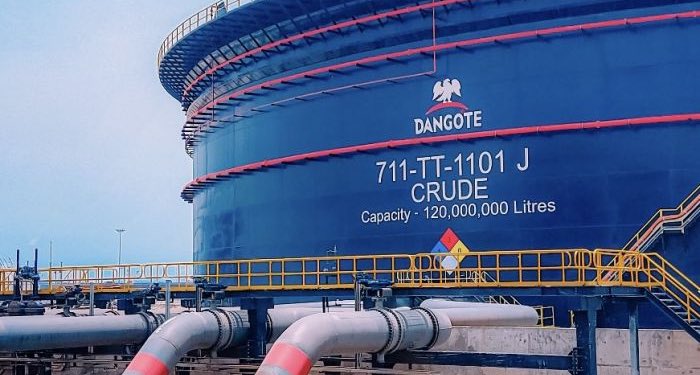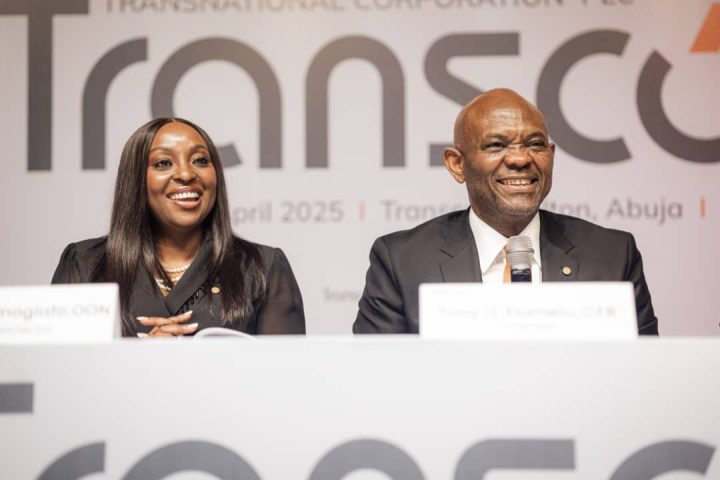Nigeria’s Oil Prices Stay Strong
Nigeria’s Brass River, Bonny Light, and Qua Iboe crude oils are trading above $90 per barrel, higher than the current Brent benchmark.
Economic downturns influence this in China and concerns over U.S. Federal Reserve interest rate changes.
Join our WhatsApp ChannelImpact of China’s Economy on Nigeria’s Oil
Fears of reduced demand from China’s slowing economy are affecting global oil markets. China, the world’s second-largest economy, grew by 4.7% from April to June, missing the forecasted 5.1% growth.
This marks its lowest rate since early 2023, attributed to a prolonged slump in real estate and job market instability.
“China’s economic slowdown has significant implications for global oil demand,” said economist Adewale Johnson. “As one of the largest consumers of oil, any reduction in their economic activity can ripple through the market.”
U.S. Federal Reserve’s Influence
Expectations of a U.S. Federal Reserve interest rate cut have also limited oil market gains.
Brent crude futures fell over 67 basis points to $84.3 per barrel, while U.S. West Texas Intermediate (WTI) dropped more than 70 to $81.3 per barrel.
Jerome Powell, the U.S. Federal Reserve chair, indicated that recent inflation data suggests progress toward the central bank’s targets, hinting at potential interest rate cuts.
READ ALSO: Nigeria’s Oil Production Drops To 1.2mbpd Despite Government Claims- OPEC
“Lower interest rates could boost oil demand by making borrowing cheaper and stimulating economic activity,” Powell stated.
Nigeria’s Oil Production and Economic Challenges
In June, Nigeria’s oil production increased slightly compared to May. However, despite these marginal gains, Nigeria’s economic struggles persist due to weak oil output.
Crude oil exports, constituting over 80% of Nigeria’s foreign exchange revenues, have been adversely affected by production declines.
“Even though crude oil prices have stayed above $80 per barrel, Nigeria has not significantly increased output,” noted oil analyst Musa Abubakar.
“Issues such as underinvestment, vandalism, oil theft, and deteriorating infrastructure in the Niger Delta continue to plague the industry.”
Future Prospects
Nigeria’s reliance on borrowing to offset declining foreign cash inflow highlights the need for diversified economic strategies.
“The country must address the root causes of its oil production issues to stabilize and grow its economy,” advised economic strategist Amaka Nwosu.
As global economic conditions fluctuate, the resilience of Nigeria’s oil sector will play a crucial role in shaping the country’s financial stability.
Addressing internal challenges and adapting to global market dynamics will be key to ensuring Nigeria remains competitive in the oil market.
Emmanuel Ochayi is a journalist. He is a graduate of the University of Lagos, School of first choice and the nations pride. Emmanuel is keen on exploring writing angles in different areas, including Business, climate change, politics, Education, and others.
- Emmanuel Ochayihttps://www.primebusiness.africa/author/ochayi/
- Emmanuel Ochayihttps://www.primebusiness.africa/author/ochayi/
- Emmanuel Ochayihttps://www.primebusiness.africa/author/ochayi/
- Emmanuel Ochayihttps://www.primebusiness.africa/author/ochayi/



















Follow Us